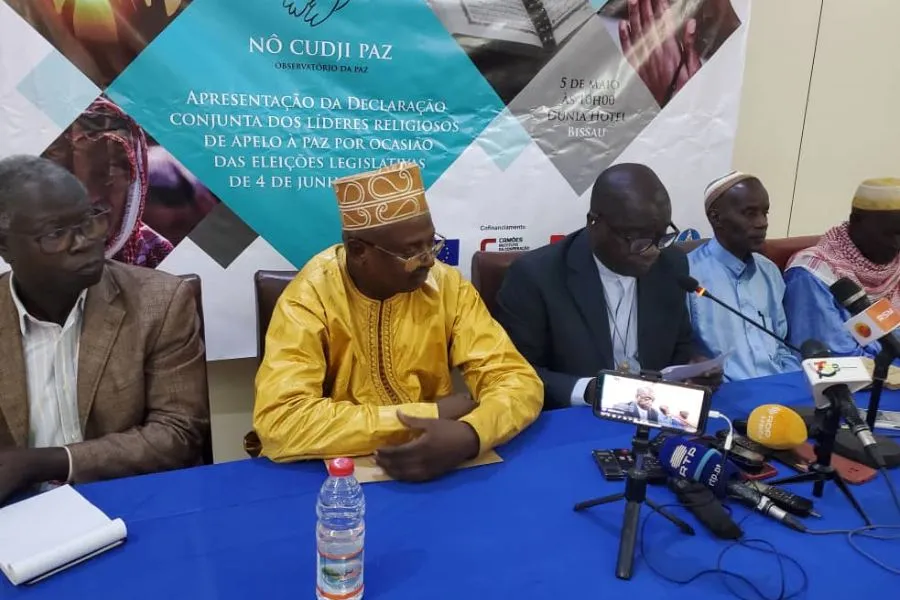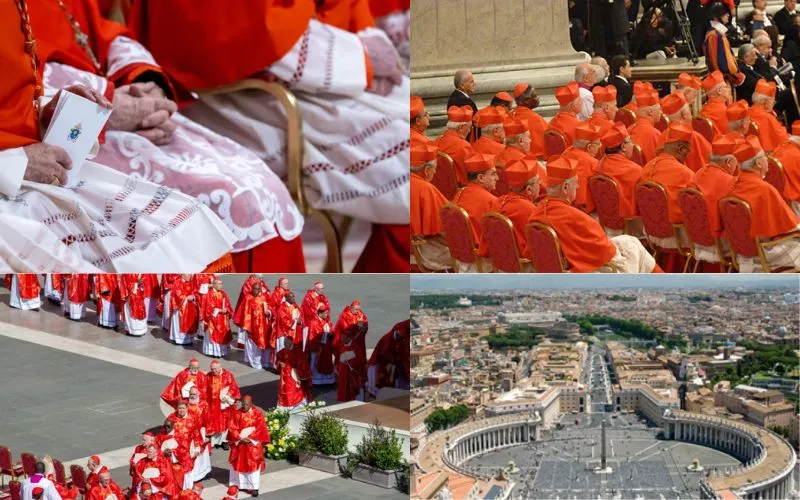In their statement, the faith leaders express their commitment to discourage their followers from “making inflammatory, segregationist, radical speeches capable of encouraging hatred and violence during the election campaign and post-election period.”
They also pledge to ensure that the “electoral propaganda, including airtime, interviews, rallies, communications to the public and political manifestations, are developed with moderation, restraint, and democratic decorum, giving primacy to political debates on issues aimed at the deepening of democracy, consolidation of peace, and promotion of sustainable development.”
The religious leaders note that the elections in Guinea-Bissau are coming in a climate of great expectation about the positive results that the elections could bring to the majority of the population.
They express concern that poll in poll out, elected officials fail to fulfill their campaign promises, leaving the population disillusioned.
Because of the previous disappointments, the faith leaders report having observed “an atmosphere of great disbelief and even a certain discouragement in the population.”
“The citizens of Guinea-Bissau have been called to the polls several times. In these various electoral processes, the Guinean people have always demonstrated their civic culture, their spirit of tolerance, and their confidence in the democratic process. However, several promises to improve the living conditions of Bissau-Guineans announced during the electoral campaigns have successively remained unfulfilled,” they say.
In their appeal to the people of God in the tropical country on West Africa’s Atlantic coast as they approach parliamentary elections, the religious leaders say, “Let all of us, Muslims, Evangelicals, Catholics, followers of traditional religion, unite in prayer before the one God, the Most High, Lord and Creator of the Earth and Heaven.”
Guinea-Bissau is bordered by Senegal to the north, Guinea to the east and south, and the Atlantic Ocean to the west. It is estimated that approximately 45 percent of the population in Guinea-Bissau is Muslim, 31 percent follows indigenous religious practices, and 22 percent is Christian.
Agnes Aineah is a Kenyan journalist with a background in digital and newspaper reporting. She holds a Master of Arts in Digital Journalism from the Aga Khan University, Graduate School of Media and Communications and a Bachelor's Degree in Linguistics, Media and Communications from Kenya's Moi University. Agnes currently serves as a journalist for ACI Africa.








